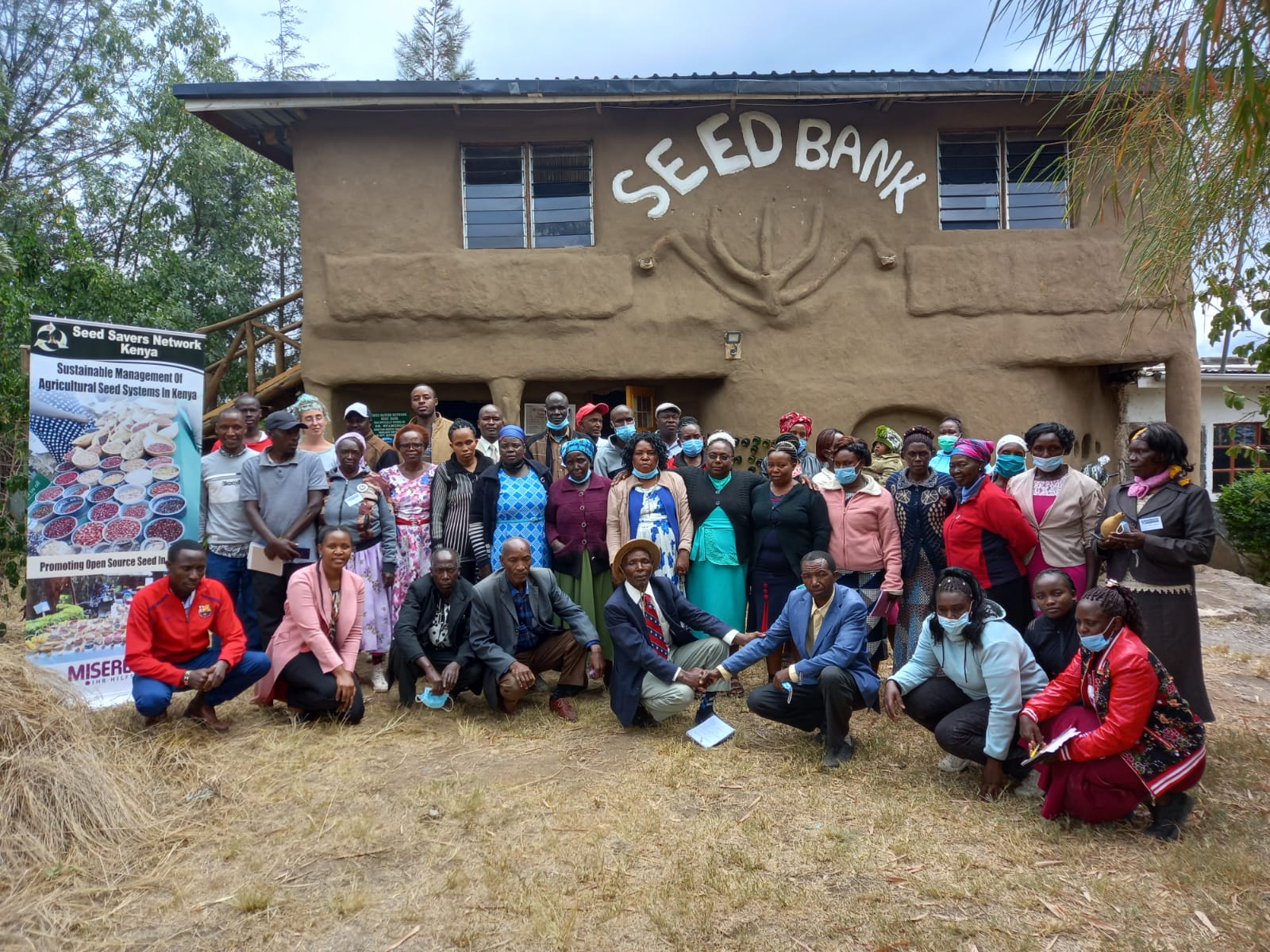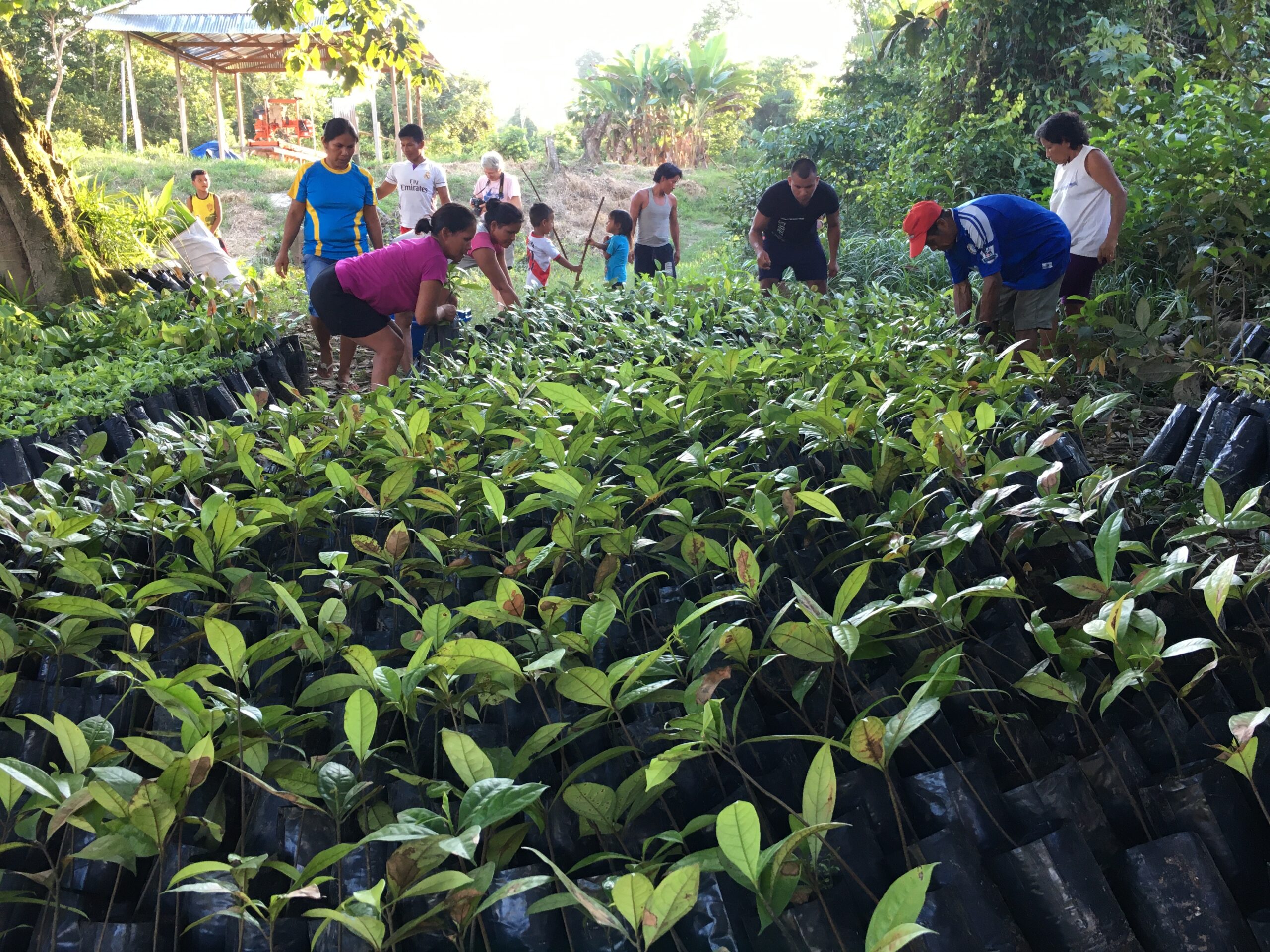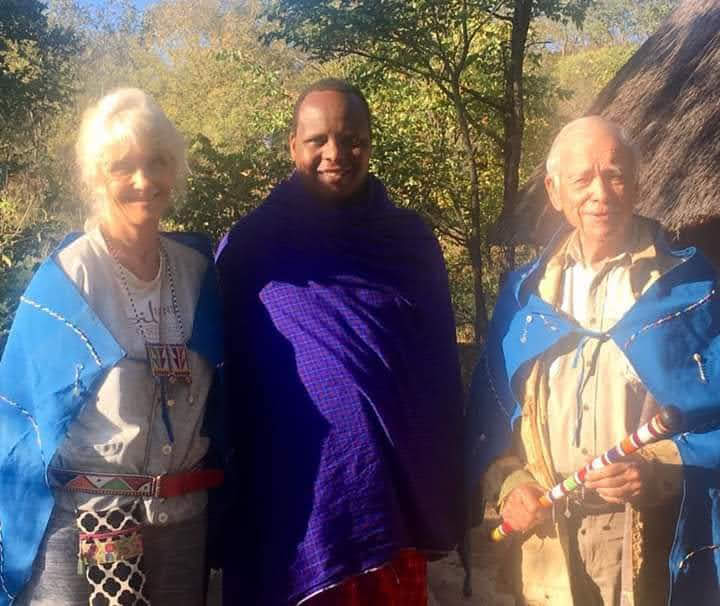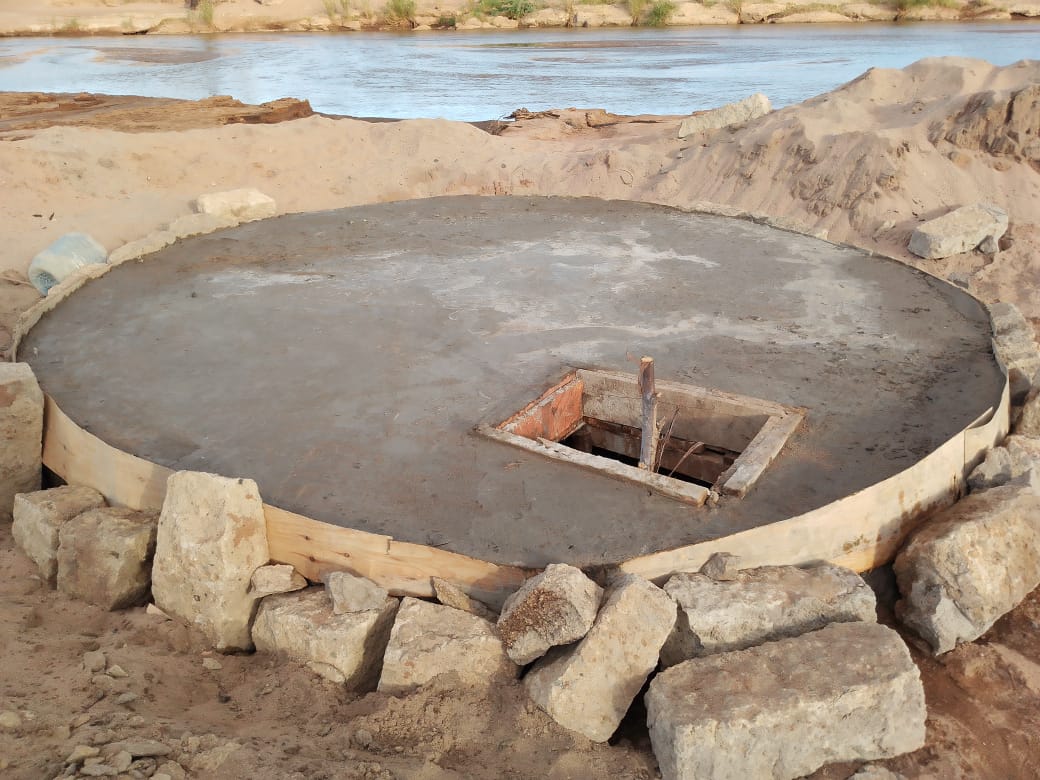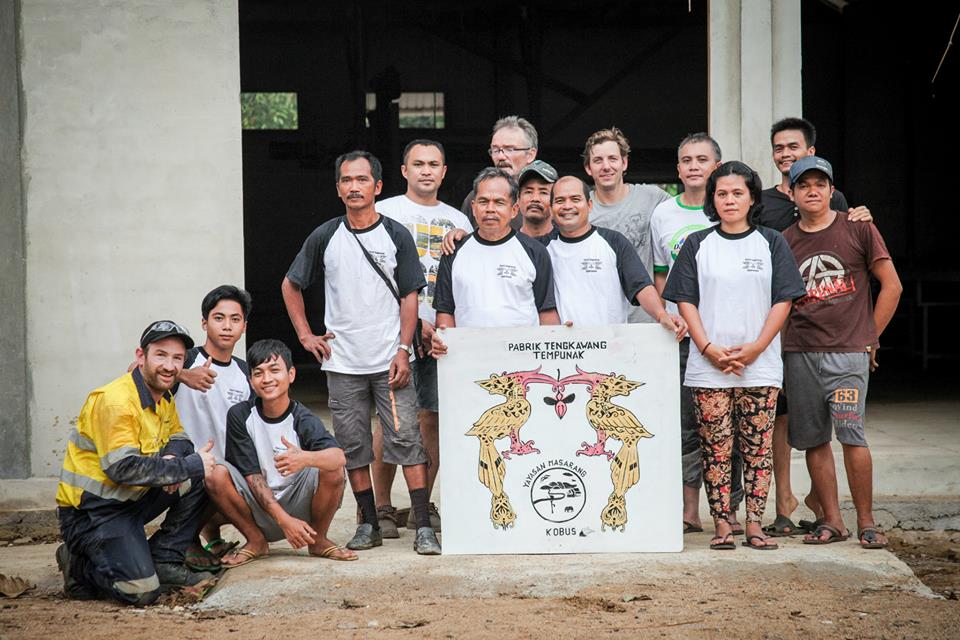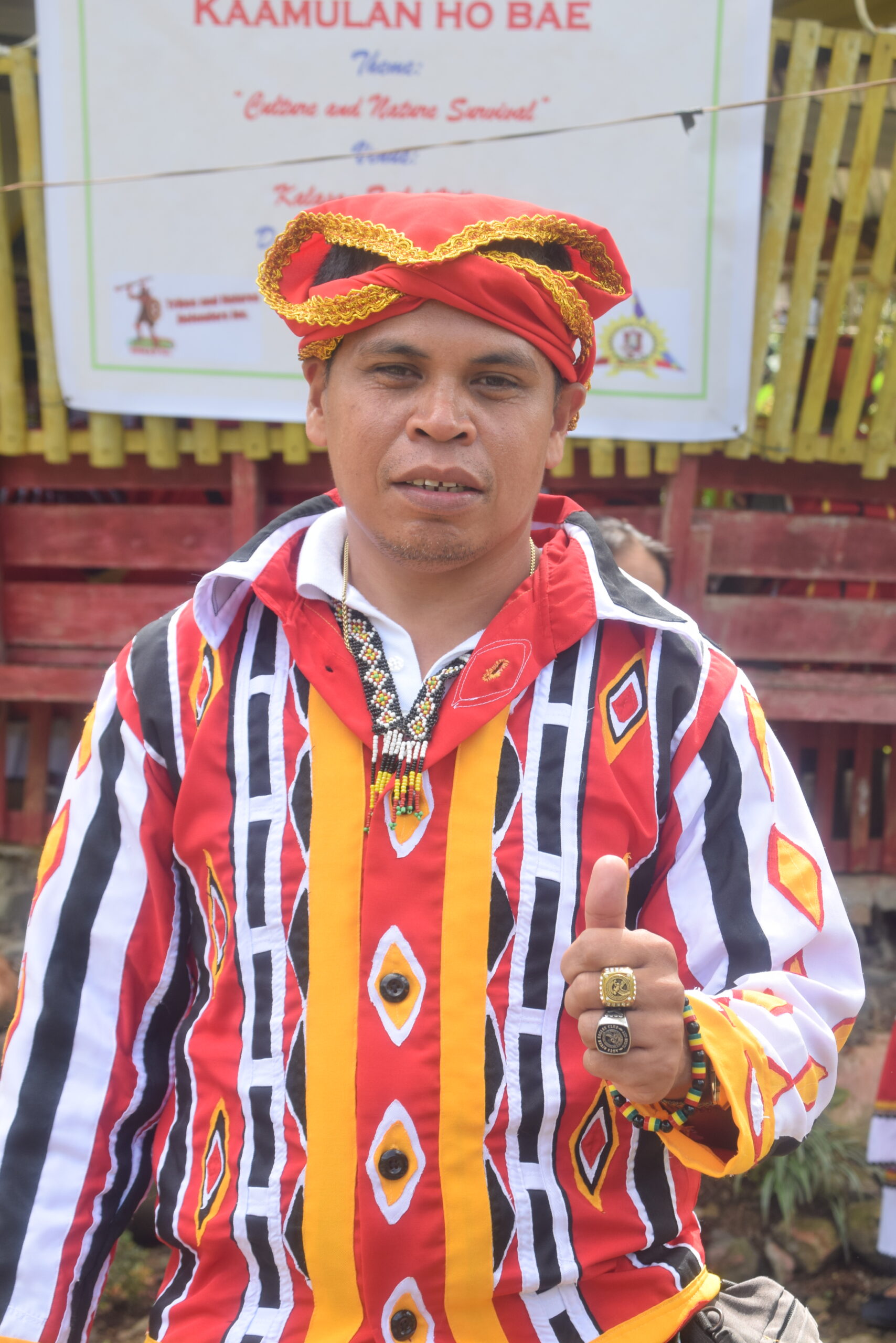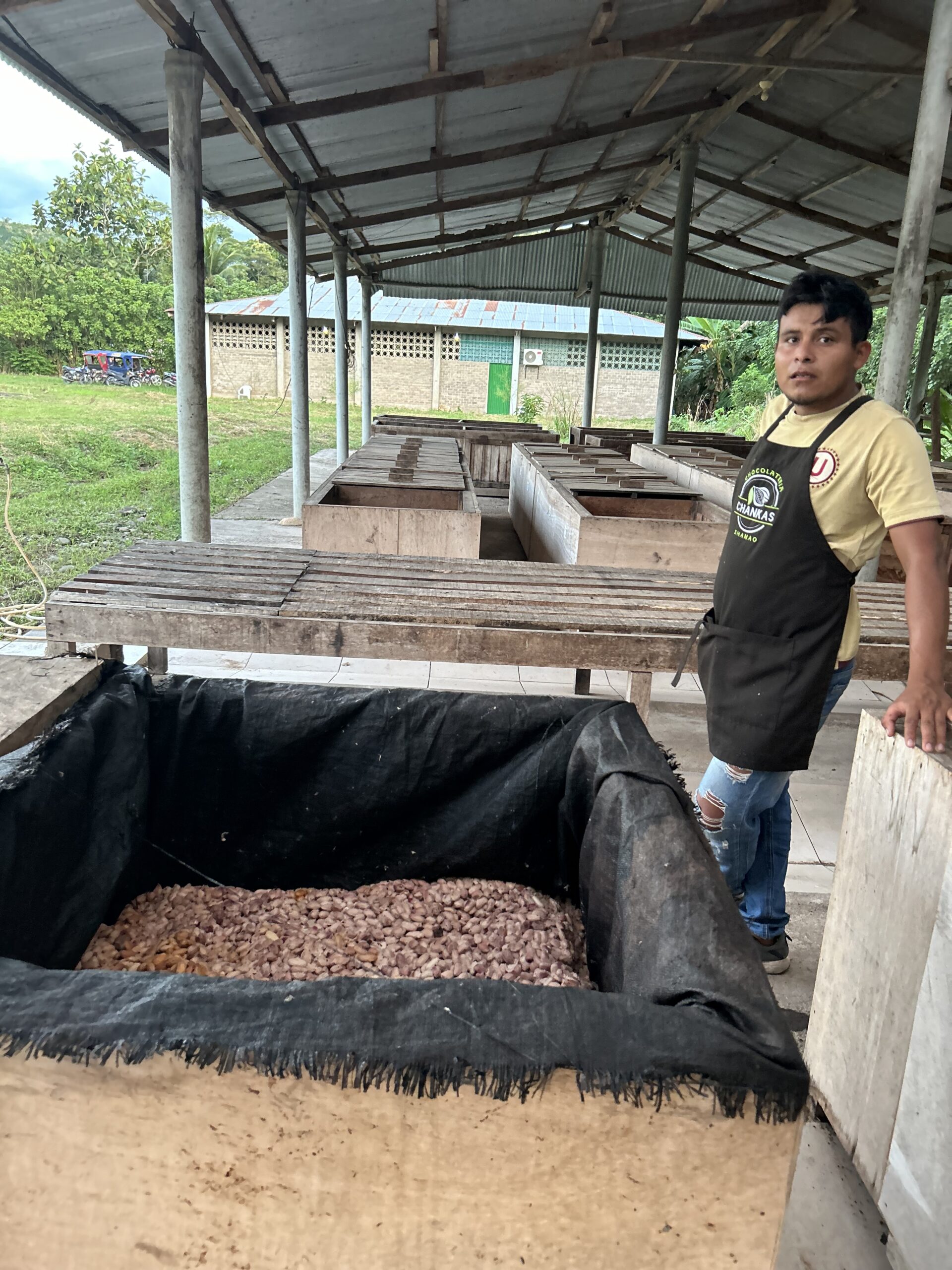In 2025, 343 million people across 74 countries are acutely food insecure. A stream of global crises driven by escalating and overlapping conflicts, climate extremes and economic shocks has brought hunger to record levels, generating an unrelenting demand for humanitarian assistance. Yet, funding shortfalls in 2024 forced the UN World Food Program to scale back activities, often leaving some of the most vulnerable behind. -2025 UN World Food Programme-Global Outlook Report
At Regenerative Farms, we see everyday how famine, gender oppression, poverty and land degradation are intimately linked. We know the solutions must be too. That’s why we create Regeneration Hubs with our local partners. These Hubs are the epicenter for accelerating ecological restoration, social justice, and food sovereignty led by local women farmers.
Scientists warn that to stabilize the climate, we must restore 2 Billion hectares of degraded land by 2030. At Regenerative Farms, Inc., we know that the people best positioned to regenerate this land— are the poor women farmers who live predominantly in the global south, and who do the daily work of feeding nearly 80% of the people where they live. Not coincidentally, these same women are also the ones on the planet who are most devastatingly impacted by climate change. They have the least access to the resources needed to care for the land, and their families are the most likely to face imminent starvation due to climate disasters.
Very few philanthropic dollars reach the programs that serve these women despite the overwhelming evidence that by supporting them, we can solve many problems all at once. That’s why we created Regenerative Farms. We are on the path to building 20 regional Regeneration Hubs to support the women and children most in need in the places where we work over the next 5 years.
Help us Scale-up Locally-led Regeneration today! Each dollar you donate goes to plant a live-saving SuperFood tree that can feed a family for decades.
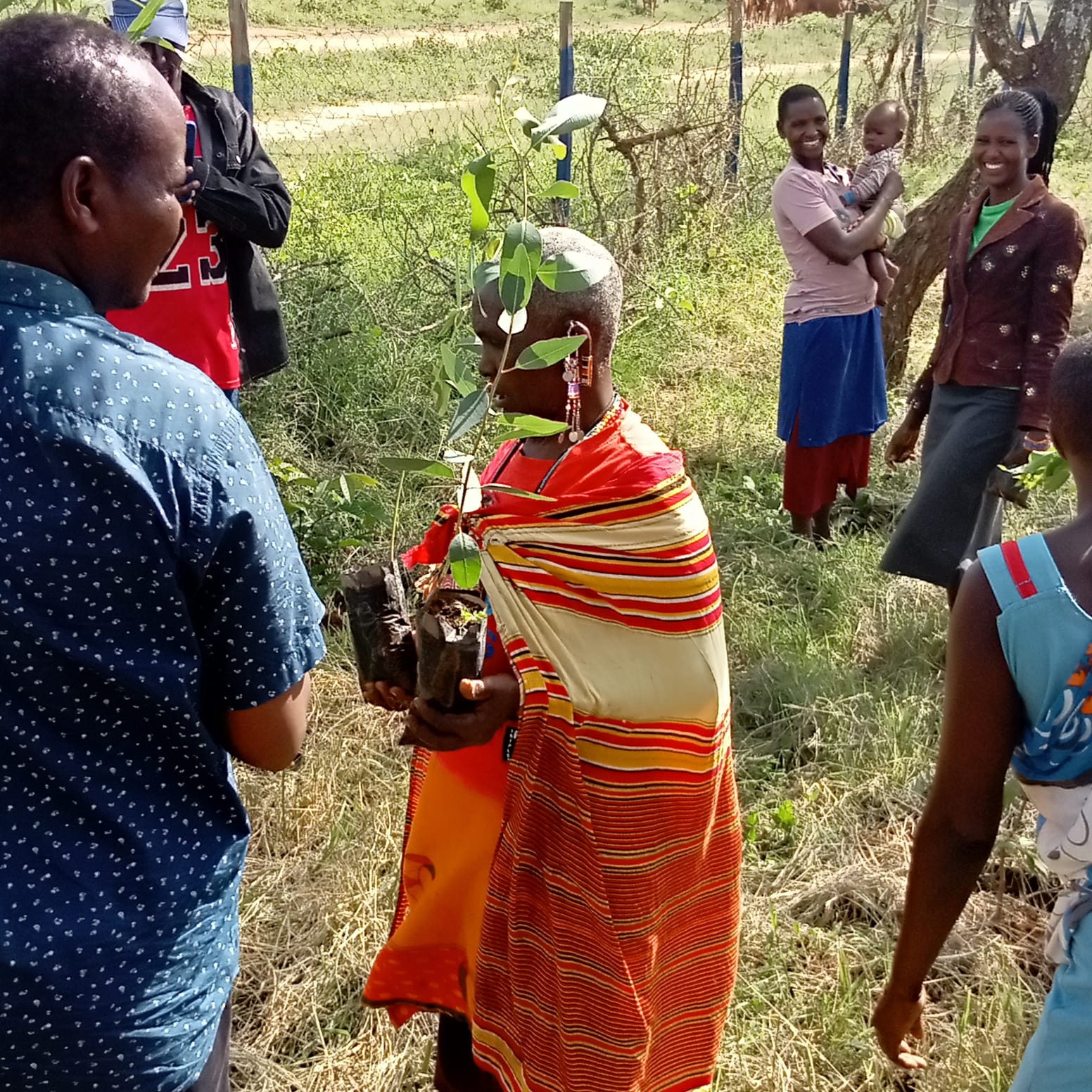
We are now working with 3 local partners in the drylands of Eastern, Kenya. The Drylands Natural Resources Centre-lead a moringa oil processing and reforestation Hub in Makueni County Kenya, where they help 860 women farmers. To date they have collectively planted over 1 million trees to restore their degraded lands. The women and school children learn how to plant and care for a wide variety of fruit trees and natives that improve nutrition security, generate income, and restore their land and water.
Watch the video of our other local partner, Syntropic Agroforestry and Permaculture Solutions, who went to train Samburu pastoralis women north of Nairobi. We connected this remote refuge for abused women with a solar power system, a sand dam, and a new water pump as well as high-quality nutritious tree seeds, training in nursery establishment, and bee keeping as a means of protecting their pilot food forest from hungry Elephant herds who frequently destroy their dryland garden. The women gained new skills, and now know how to begin to create their own food security. Women in our programs not only learn how to grow nourishing foods on trees, but also how to properly cook and preserve the highly nutritious crops which RF researched and selected for their ability to help fight common malnutrition diseases and prevent famine. The tree crops offer better local food security to offer women their own means to permanently feed their hungry children, providing a locally grown cure to preventable and devastating long term effects of chronic hunger, ultimately improving long term health and welfare for the community where they live.
Donate Today to help us reach more women and plant more trees. With your help, we can feed more of the children in need this year. Each dollar you give helps us stabilize the climate. Even a small monthly contribution helps us plant the right trees in the right places and ensure they grow into thriving food forests that will feed children long into the future.
Hubs help heal the climate.
Just one Hub can plant a million trees in a year, and once established, it can teach others to build more Hubs, creating a ripple effect to restore entire landscapes. The more donations we receive, the sooner we can help build more Hubs, which means more trees planted and more forests protected. Regenerate today!
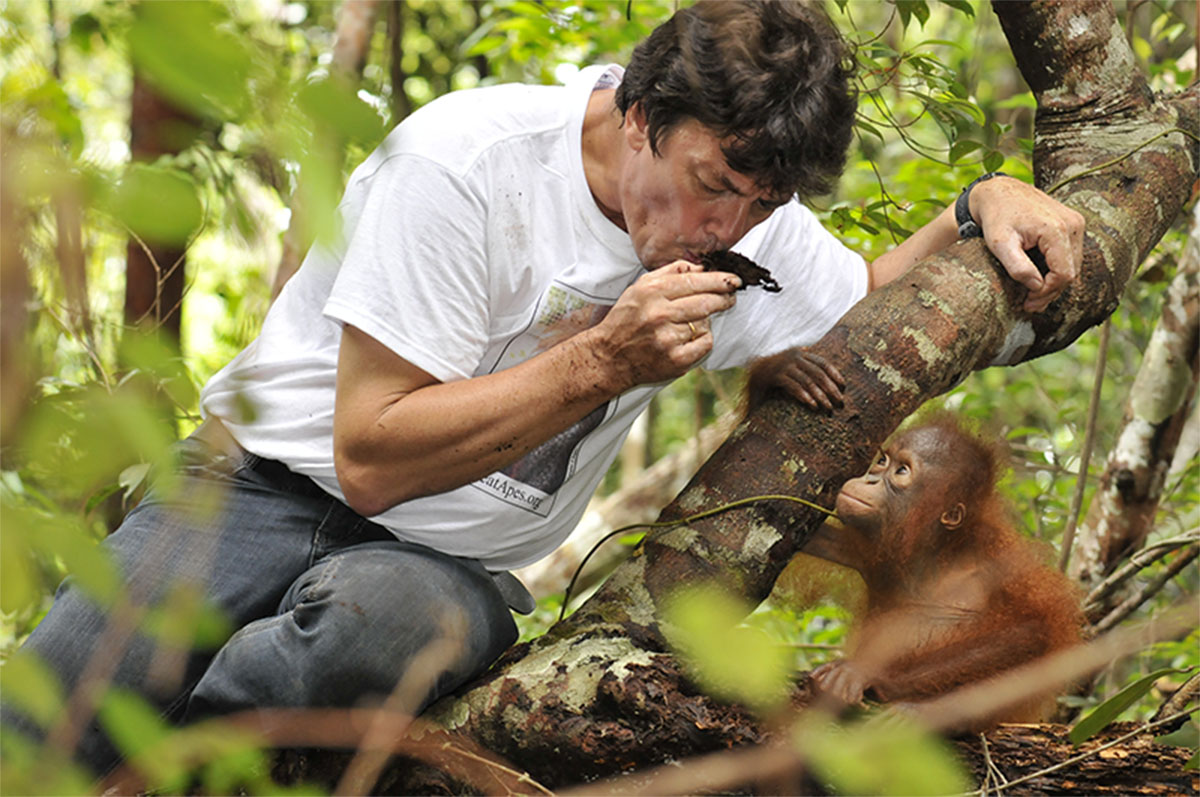
The inspiration for Regenerative Farms, conservationists Willie and Theo Smits developed the design for the Hub model, based on over 40 years of work protecting Orangutan rainforests in Indonesia.
Hubs are designed to empower women farmers.
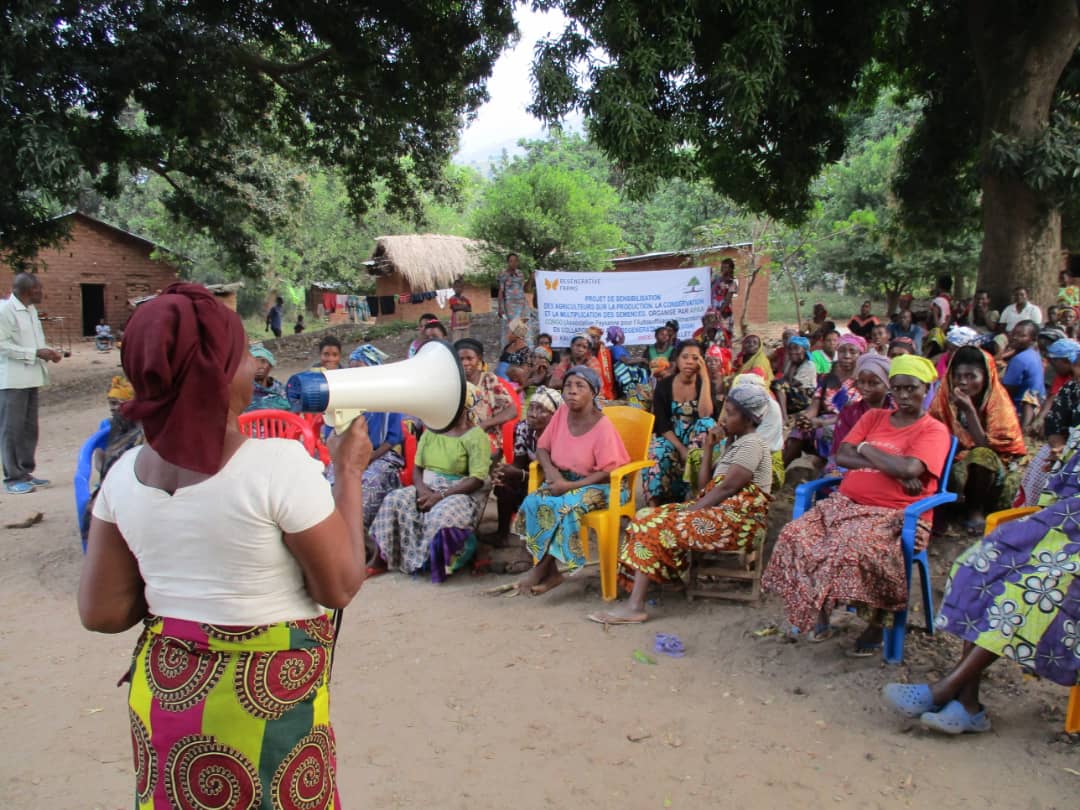
The APAA Congo-led Hub in DRC trains women farmers to plant nutritious fruit trees in 3 villages, Sept. 2022.
Systemic gender oppression around the world means that women and girls experience far more deadly outcomes from climate disasters than their male relatives. That is why we specifically focus on empowering women and helping them access the resources needed to survive and thrive despite climate change. Each dollar donated helps women farmers plant life-saving trees that feed their entire community year-round. Donate today.
We are helping women build Hubs in places where they face severe oppression and gender violence and where families are facing the devastating effects of widespread famine, including in Peru, Kenya, Haiti, and the Democratic Republic of the Congo. Did you know that when combined, educating and empowering women and girls is ranked as one of the top climate solutions?
Hubs help companies build responsible ingredient sources.
We can help your company meet commitments to the UN SDGs and accomplish net-zero or regenerative sourcing goals. Companies can become Hub sponsors or can hire us to help support their own supplier communities in building Hubs. Partner with us.
Food companies can help by purchasing regeneratively grown ingredients from our existing Hubs. Each dollar contributed helps create productive farming landscapes that protect biodiversity and transition farmers over to regenerative agriculture so that we can feed the world with healthy nutritious food while stabilizing our climate.
Buy Products from these Hubs
- Moena Botanicals
- Forestwise
- Fat Forest
- Drylands Natural Resources Center Moringa Oil
- Village Catalyst Andean Criollo Cacao and Sacha Inchi superfood powder
Hubs support Indigenous sovereignty.
Your support also helps Indigenous tribal communities halt illegal deforestation, land grabs, and territorial incursion, another critical step needed to stop climate change. Your donation helps us support the creation of locally owned businesses designed to create economic incentives and much-needed resources for Indigenous communities who work hard to protect their carbon-rich, biodiverse tropical rainforest lands. Hub businesses provide their communities with revenue used to help protect and restore their native forests, preserve their culture, and secure the threatened foundation of their way of life. Get involved.
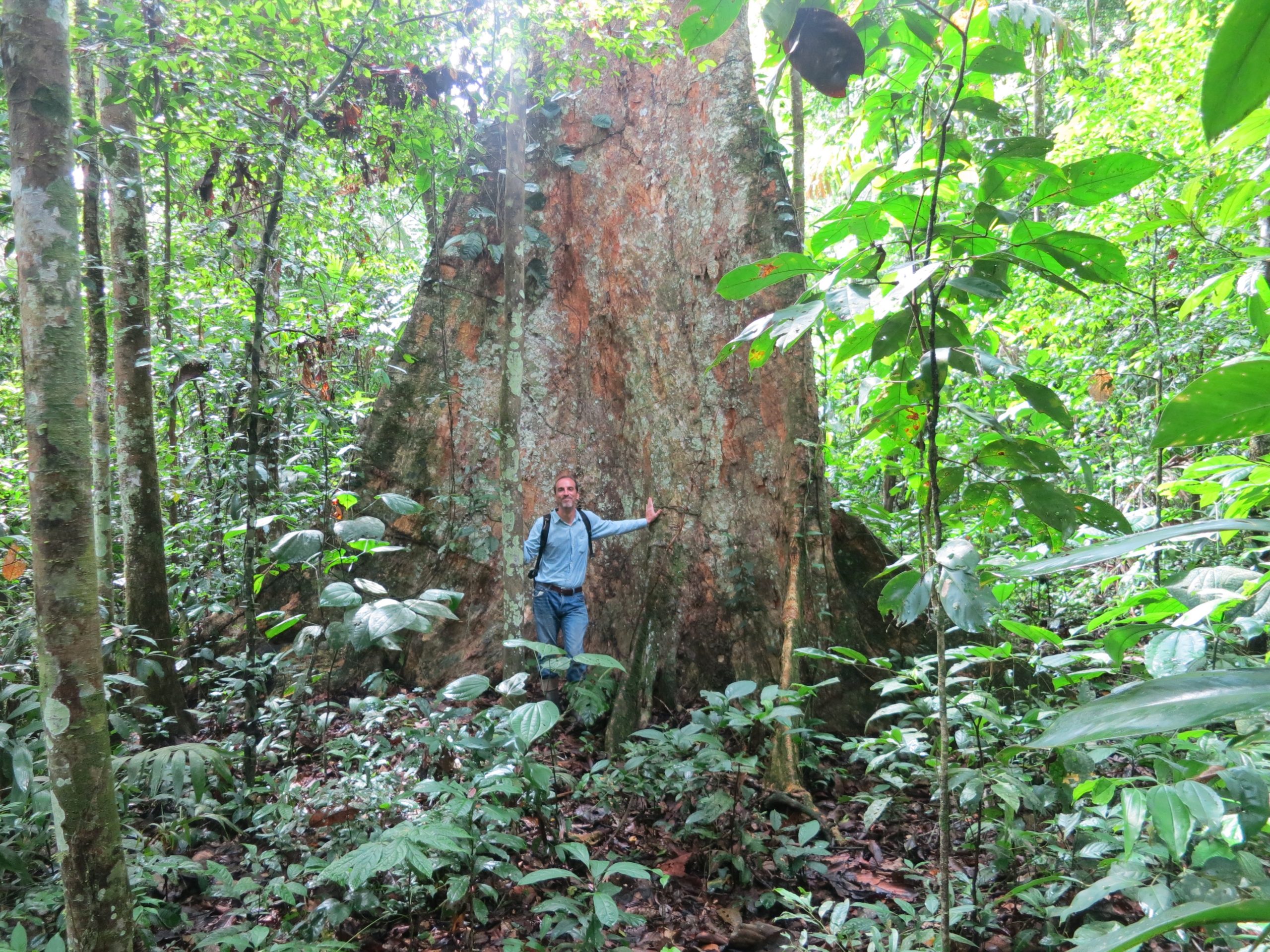
Biodiverse rainforest protected by Indigenous tribes in partnership with Moena Botanicals in the Peruvian Amazon, led by Hub partner Camino Verde.
Photos below, courtesey of our local Regeneratino Hub partners: Team at Seed Savers Network, Kenya, Living Seed Bank tree nursery at Camino Verde/Moena Botanicals, Madre de Dios, Peruvian Amazon, Hub Founder and Klan leader Dalmas Tiampati with Alan Savory at the Maasai Center for Regenerative Pastoralism, Kenya, Sand-dam river well for Food Forest at Samburu woman’s refuge, Umoja Camp, Kenya, Forestwise/Fat Forest team at their Illepe Butter micro-factory Hub, Indonesia, datu Lanelio Sangcoan, Tribal leader and Hub Founder of Tribes and Nature’s Defenders, The Philippines, Cacao Cooperative with batch fermenters at APARMASH/Village Catalyst Hub in the San Martin area of the tropical Andes of Peru.
